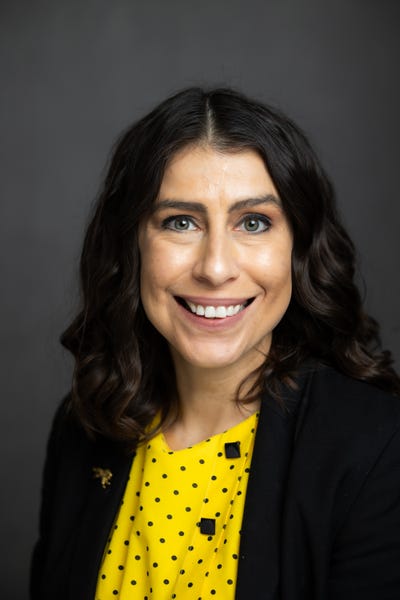More Evidence of Multis Benefits to Heart Health
A new study on women’s use of multivitamin/mineral supplements adds to the growing body of research on multi’s beneficial effects to heart health.

Women who used multi-vitamin and -mineral supplements for longer than three years reduced their risk of dying of cardiovascular disease (CVD) in a new study of U.S. adults (J. Nutr. 2015. Published online Jan. 7, 2015).
The study used data from more than 8, 600 subjects 40 years or older (from the NHANES III, 1988 to 1994) as well as mortality data reported by the National Death Index through 2011. While the researchers from the National Institutes of Health’s (NIH) Office of Dietary Supplements (ODS) observed no significant association between CVD mortality and multivitamin use in the overall data, they found a significant association with those who used the supplements for longer than three years compared with nonusers. This finding was largely driven by the significant association among women.
This research follows a number of studies showing multivitamins’ positive effects on heart health. In 2010, the use of multivitamins was inversely associated with heart attacks in women, especially those without a history of CVD who used the supplements for five years or longer (Am J Clin Nutr. 2010 Nov;92(5):1251-6). That study included 31,000 women with no history of CVD and 2,200 women with a history of CVD aged 49 to 83 years from Sweden.
Additionally, a 2003 study from Stockholm reported Low-dose multivitamins may prevent heart attacks in subjects aged 45 to 70, and another study from the same year found multivitamins with antioxidant properties had beneficial effects on homocysteine and low-density lipoprotein (LDL) oxidation measures.
The mounting evidence of multivitamin’s effect on heart health is interesting, especially with the recent legal battle Bayer is in on this front. The Center for Science in the Public Interest (CSPI) is seeking to prevent Bayer from making claims for its One A Day multivitamins. Specifically, CSPI accused Bayer of misleading consumers about its multivitamin’s effects on heart health, immunity and energy. CSPI alleged Bayer makes heart health claims based on products that contain vitamins B6, B12, C, E and folic acid, but the organization said studies have shown supplemented vitamins don’t prevent heart disease.
Now, I’m not lawyer, but this new study may help Bayer show more substantiation in this situation.
(Just to be clear, supplements shouldn’t claim to treat heart disease, a claim Bayer never made outright. CSPI alleges that Bayer’s use of “promotes heart health" leads consumers to believe the products help prevent heart disease.)
As Duffy MacKay, N.D., senior vice president, scientific and regulatory affairs, Council for Responsible Nutrition (CRN), put it in a press release, “We find these results encouraging, and they provide another potential reason for women to take their multivitamins. But people should not expect that taking a multivitamin in and of itself will prevent heart disease; we advise people to take their vitamins as just one of the smart choices they make for good health."
So, this new study is helping to mount evidence that multis, especially after a long period of use, are good for the heart. Will they prevent heart disease? No study has shown that. But as a woman who has taken a multi for more than three years, I’m glad this study is out there. And multivitamin brands should take a closer look at this study to see if it can be added to the list of studies that help substantiate claims.
About the Author
You May Also Like

